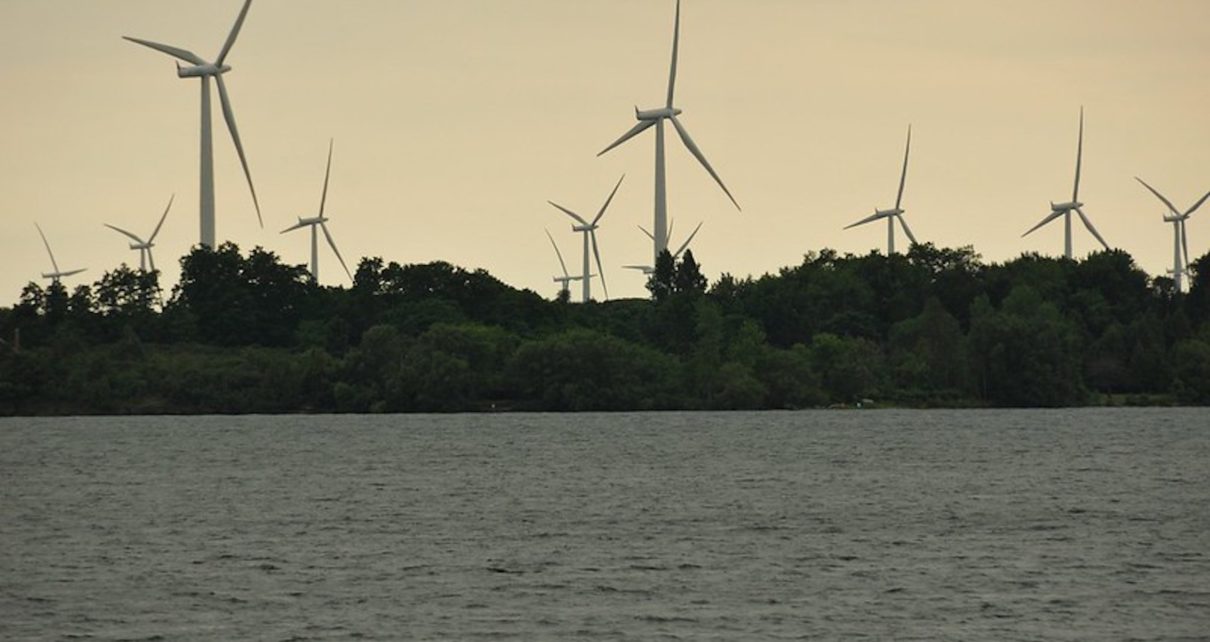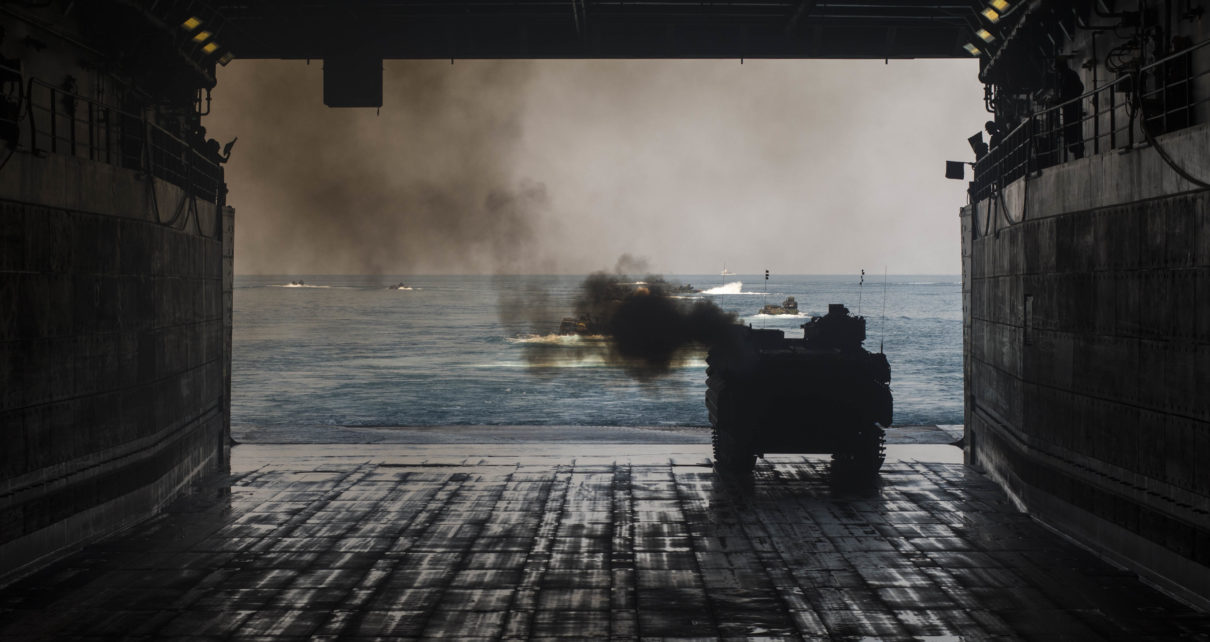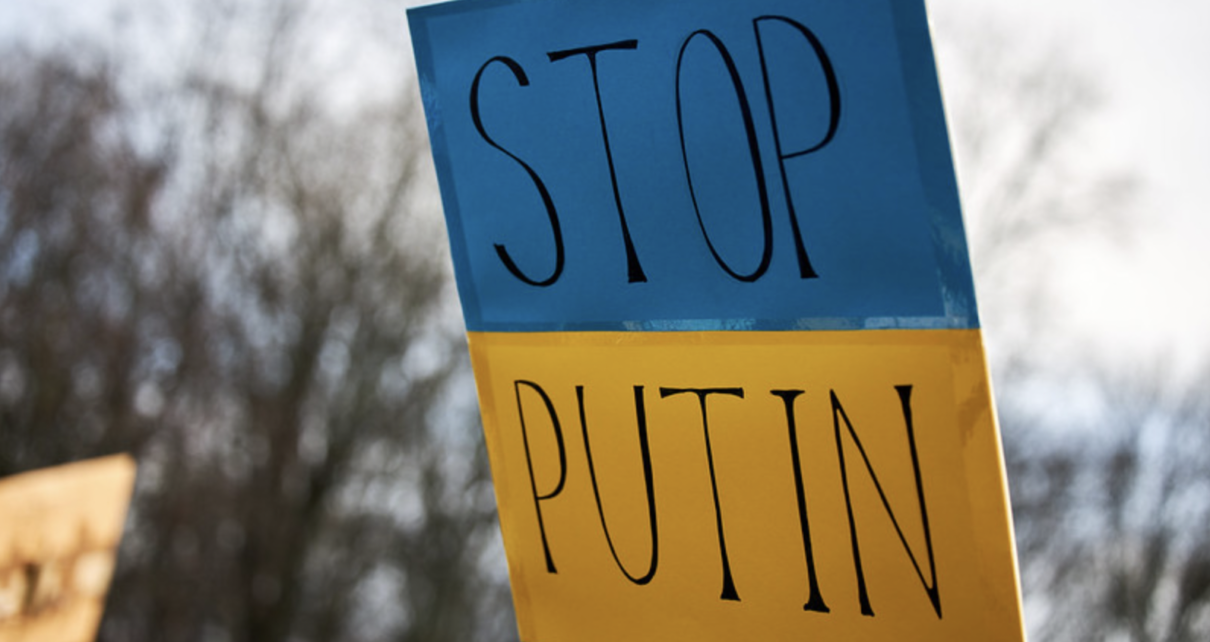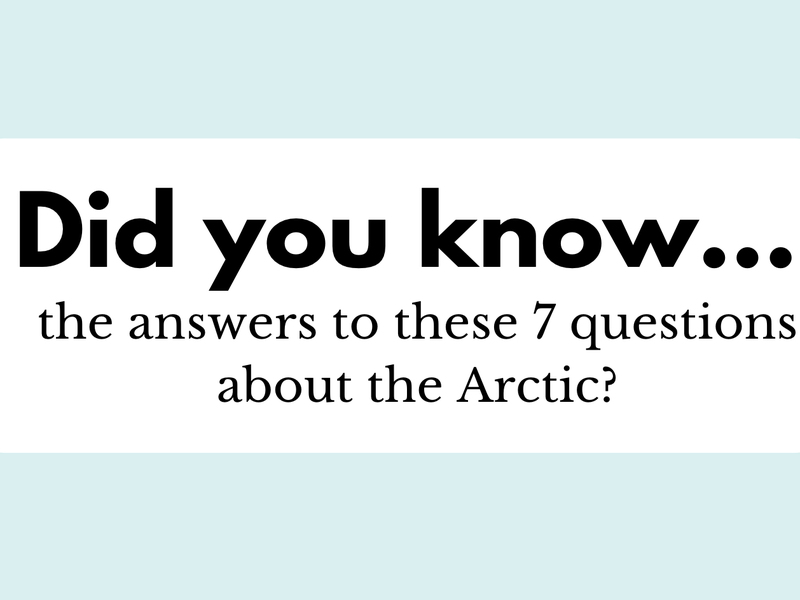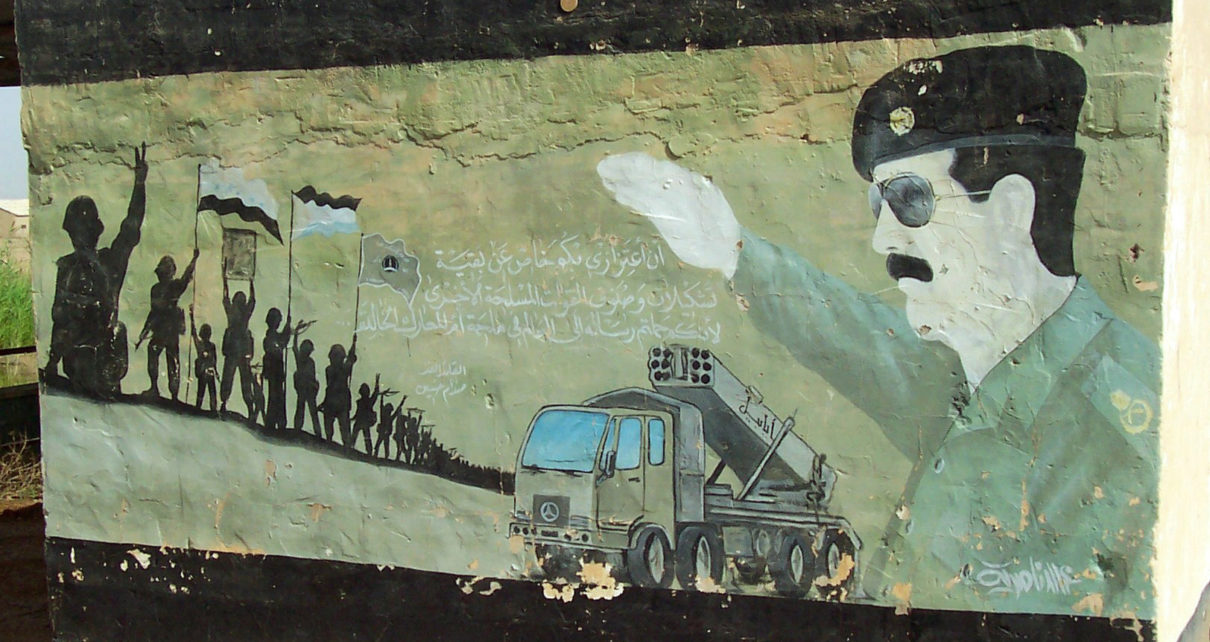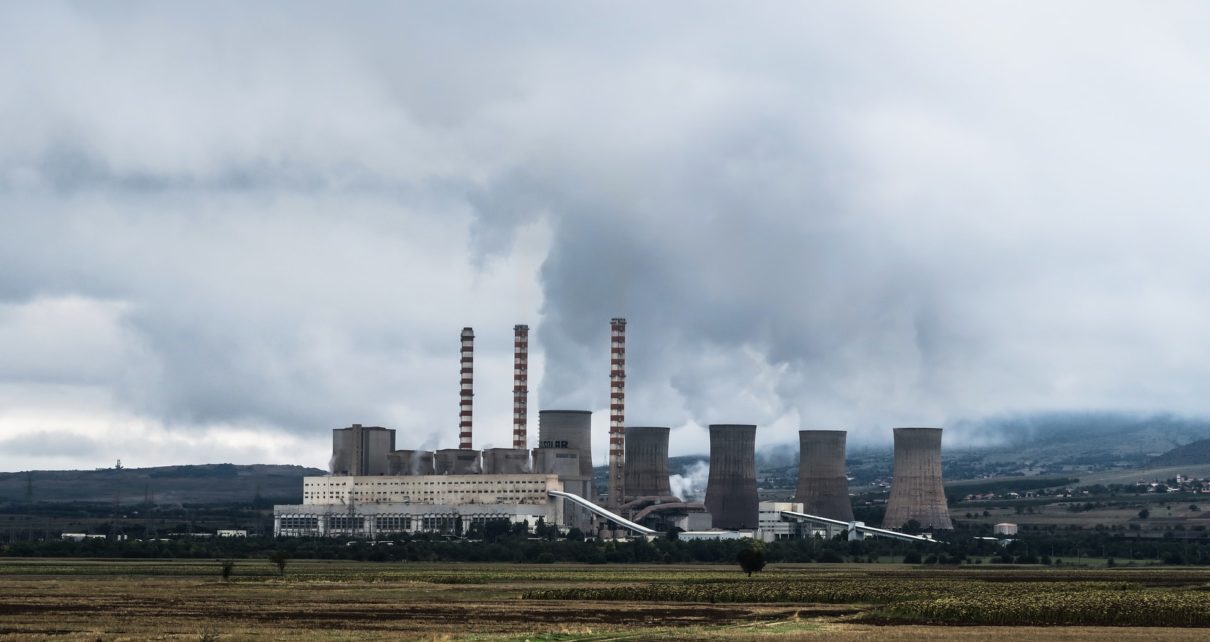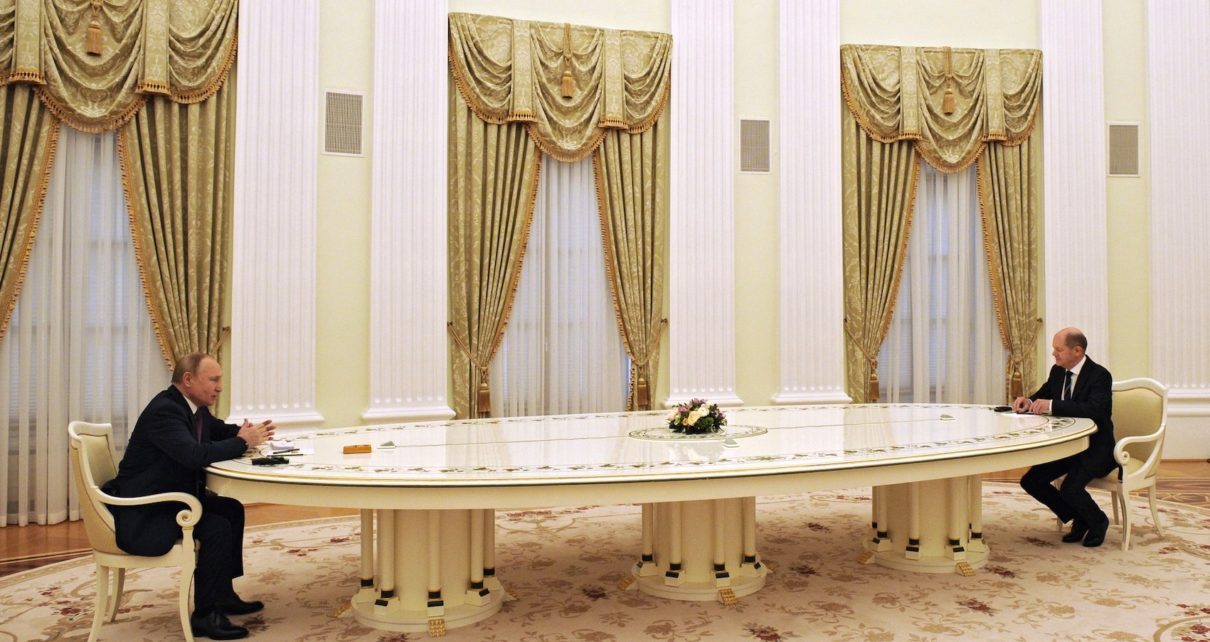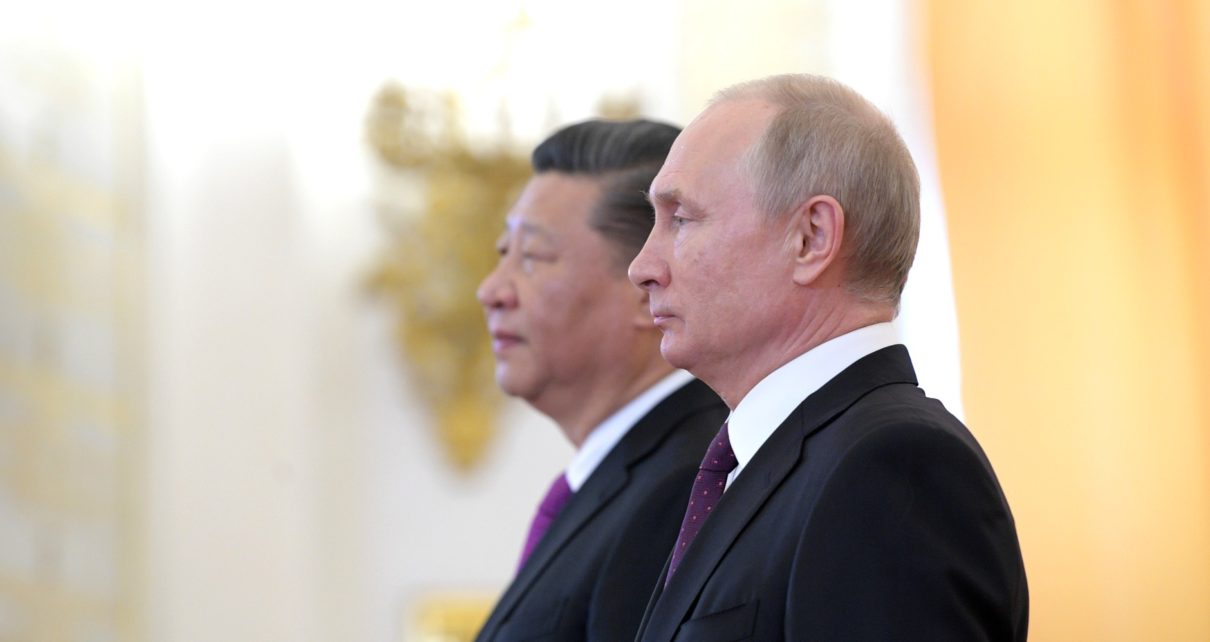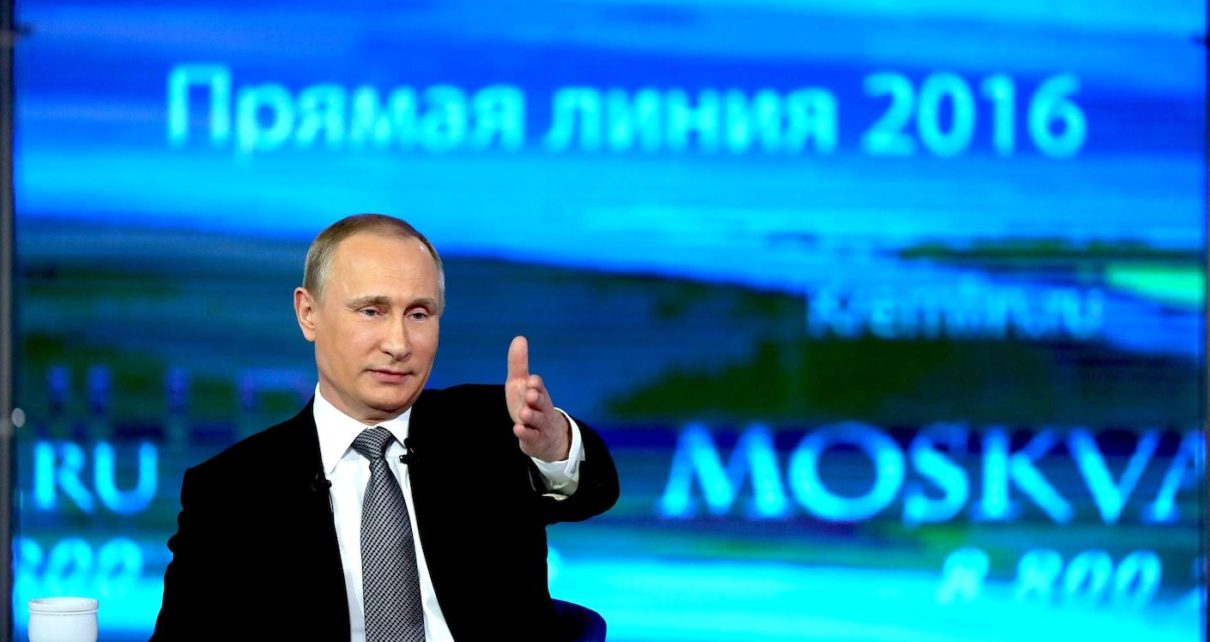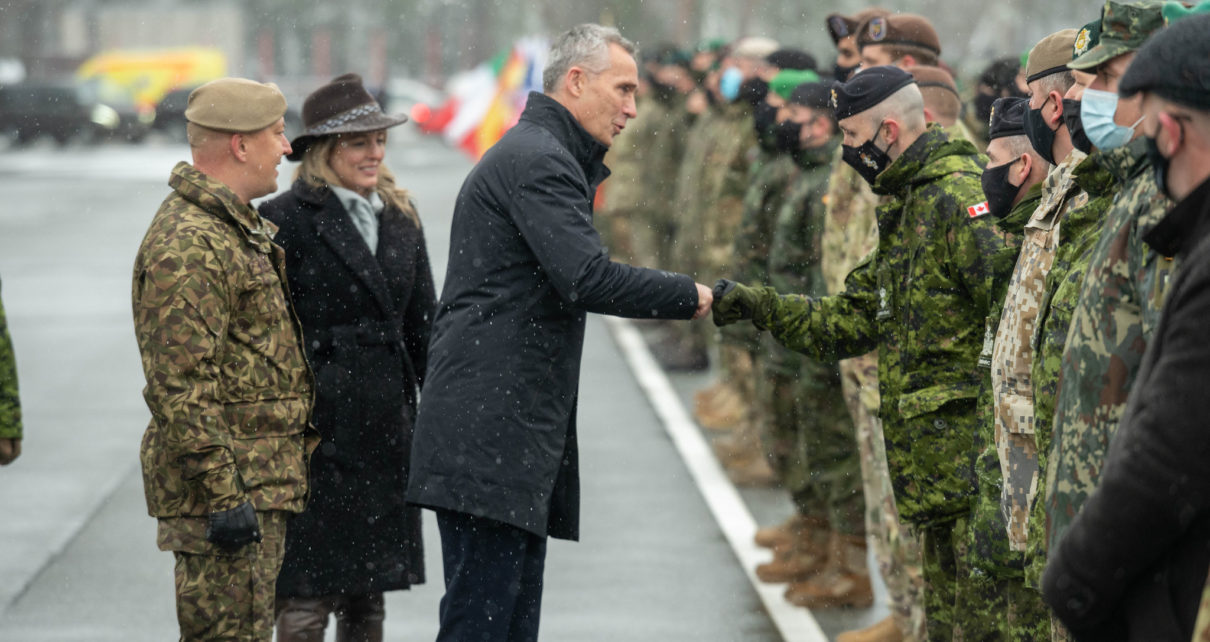In August 2022, Canada and Germany formed energy and mineral partnerships. This article considers the successes and limits of Canada’s evolving effort to align energy security with the imperatives of climate change.
Tag: Russia
No Better Friend, No Worse Enemy? The Marine Corps’ New Information Warfare Strategy
How does the US Marine Corps (USMC) intend to conduct information warfare over the coming decade? In this article, Jack Burnham discusses the USMC’s Force Design 2030 initiative and its focus on countering disinformation and operating in the Indo-Pacific region.
Putin’s War Has United Europe
In this article, Jordan McEwen discusses the European Union’s improved cooperation and how this may have been triggered by Russia’s invasion of Ukraine. Contrary to those who maintain that Europe’s unity over Ukraine is fading, she argues that member states shared concern for their security may be allowing for better cooperation than ever before.
Did you know? 7 Facts About the Arctic Infographic
there are institutions focused on Arctic issues, and what the threats are to the Arctic.
Deception, Deceit, and the Dictator’s Dilemma: Russia, Iraq, and Authoritarian Propaganda
Why is the propaganda of authoritarian regimes often so blatantly false? In this article, Jack Burnham discusses Russia’s disinformation campaign surrounding the emerging global food crisis across the Middle East and Africa, Saddam Hussein’s influence operations, and the politics of dictatorship.
A Perfect Storm? Sanctions on Russia and The New Energy Reality in Europe
Russia’s unprovoked invasion of Ukraine has resulted in a pivotal shift in the world order. The 2014 Russian annexation of Crimea now appears as a disregarded warning. Allowed to fester, it developed into an overt display of despotic militarism that now threatens not just the sovereignty of Ukraine but also the stability of other democratic Read More…
Special Report: Germany Must Abandon Ostpolitik
For over fifty years, Germany hoped that a conciliatory approach predicated on close economic ties, and diplomatic and cultural rapproachement in its Russia policy – commonly known as Ostpolitik – would warm Russia to the West. Two Russian invasions of Ukraine and many sanctions later, it has become abundantly clear that Berlin’s orthodox policy towards Moscow has Read More…
Wolf Warrior-ism, Revisited: Great Power Competition During the Russo-Ukrainian War
What lessons can Russian disinformation campaigns provide for understanding China’s “Wolf Warrior Diplomacy”? In this article, Jack Burnham discusses the Russo-Ukrainian war, Chinese diplomacy, and the value of falsehoods in international relations.
Swords into Bullhorns: Modern Russian Information Warfare Practices and their Impact on the Ongoing War in Ukraine
In this article Griffin Cornwall analyzes the establishment of Russia’s information warfare policies and how they have impacted planning and messaging surrounding the ongoing war in Ukraine.
Ukraine, Russia, and NATO’s Eastern Flank: A Canadian Defence and Foreign Policy Perspective
In response to the Russian invasion of Ukraine, Canada has rolled out a slew of measures to defend NATO’s eastern flank. This article summarizes and critically analyzes these recent trends in Canadian defence and foreign policy.

